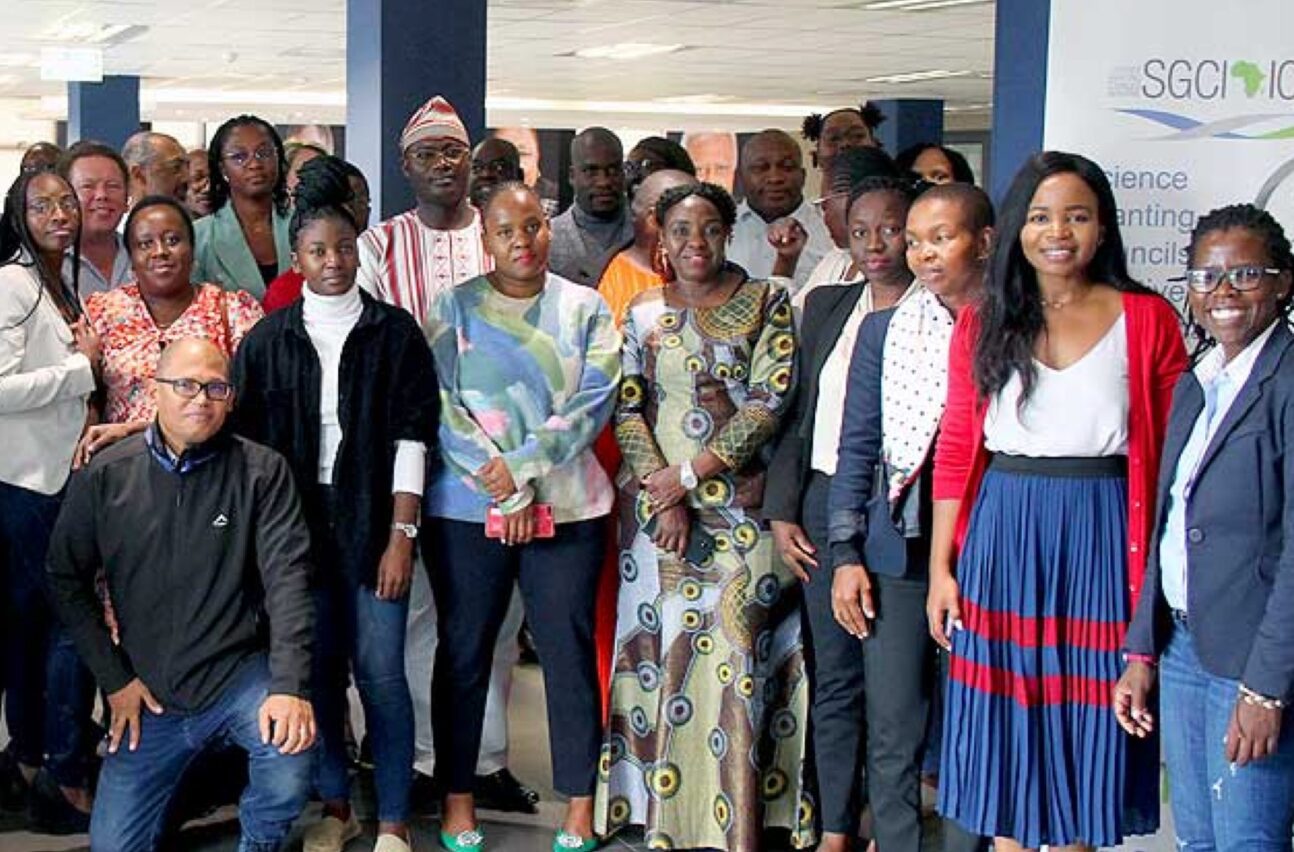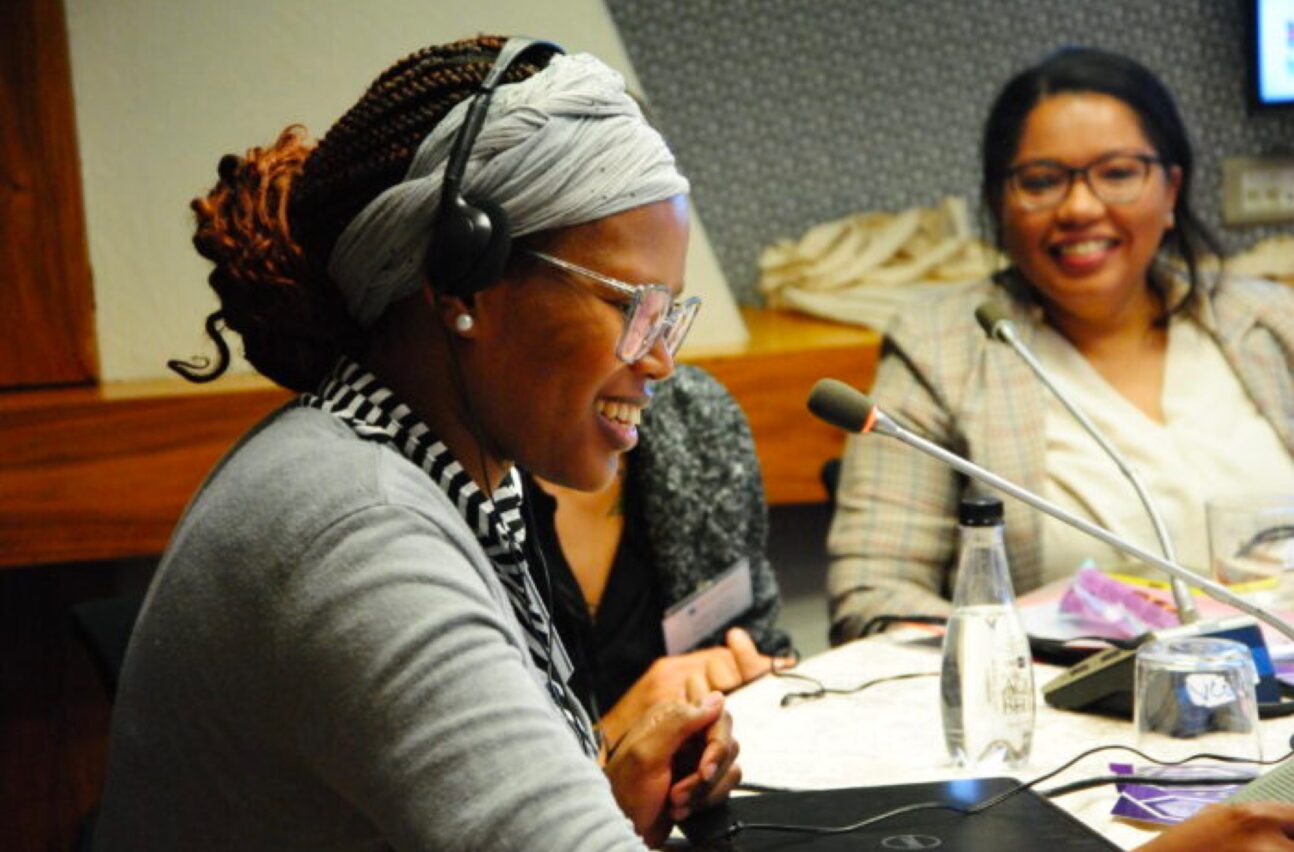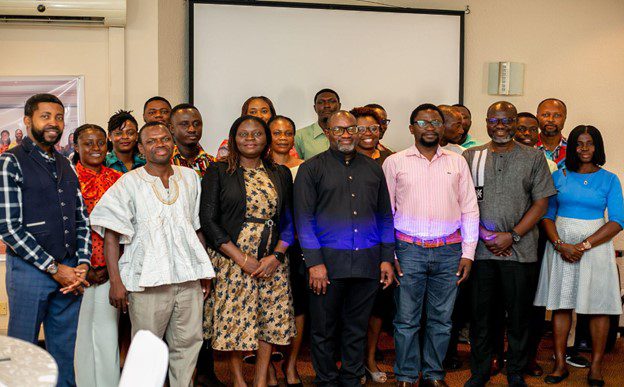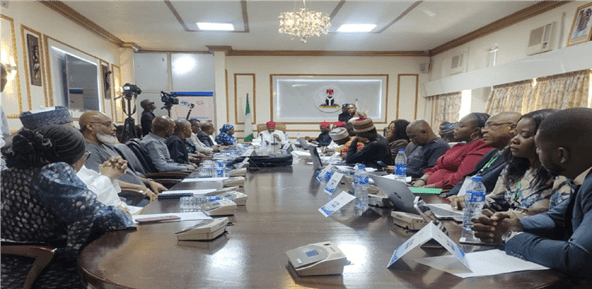This guide is a practical tool to help Councils make smarter decisions using data. Written by Prof. Rebecca Hanlin for the African Centre for Technology Studies (ACTS), the guide supports…
This guide is a practical tool to help Councils make smarter decisions using data. Written by Prof. Rebecca Hanlin for the African Centre for Technology Studies (ACTS), the guide supports Science Granting Councils (SGCs) across Africa in improving their collection, use, and learning from evidence.
Unlike traditional MEL manuals, this guide doesn’t focus on theory. Instead, it provides a flexible framework to help Councils understand what’s working, what’s not, and how they can improve their impact on science, technology, and innovation (STI) policies.
What Is MEL?
MEL stands for Monitoring, Evaluation, and Learning. These three elements help organisations:
- Track progress
- Assess what has changed
- Learn from results to improve future actions
This guide emphasises the “L” — learning — as a key tool for making better decisions and shaping more innovative policies.
Three Types of MEL for Councils
The guide introduces a new MEL typology to help SGCs understand and organise their MEL activities:
- MEL of Policy – Reviewing and improving national STI policies
- MEL of Policy Action – Measuring the implementation of those policies
- Organisational MEL – Tracking Council performance and how well it meets its goals
Each of these areas requires tailored tools and data sources.
Tools and Templates
The guide includes hands-on resources like:
- MEL capacity assessment tools
- Templates for MEL plans and frameworks
- A “minimum dataset” of indicators across Council functions (e.g., funding, research capacity, partnerships)
Key Recommendations
- Think strategically – MEL is more than reporting; it helps shape better decisions.
- Focus on outcomes – Long-term impacts matter more than short-term outputs.
- Use diverse data – Mix surveys, interviews, and digital tools for a fuller picture.
- Invest in digital systems – Automation and dashboards make MEL faster and easier.
Why This Matters
Strong MEL systems help SGCs:
- Justify funding and policy influence
- Improve internal operations
- Track national progress in science and innovation
By using this guide, African SGCs can build more effective, evidence-based systems that drive real change.
Themes
The SGCI aims to strengthen the capacities of these SGCs to support research and evidence-based policies that will contribute to economic and social development.








